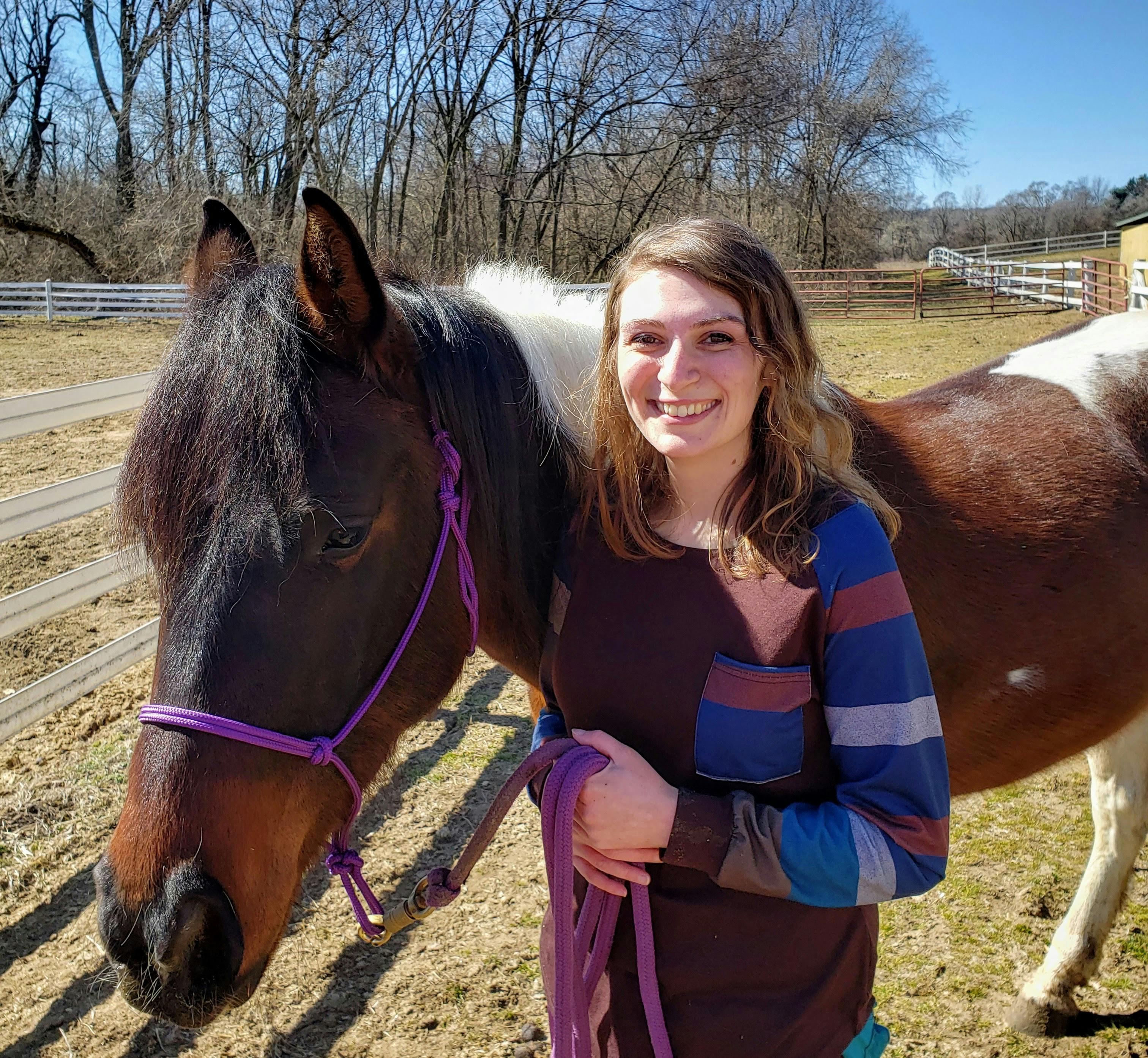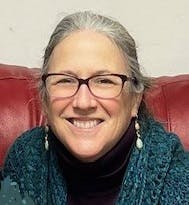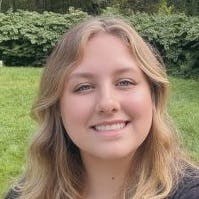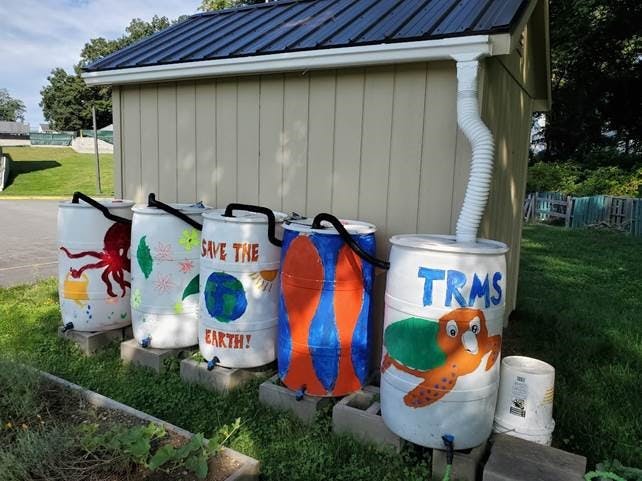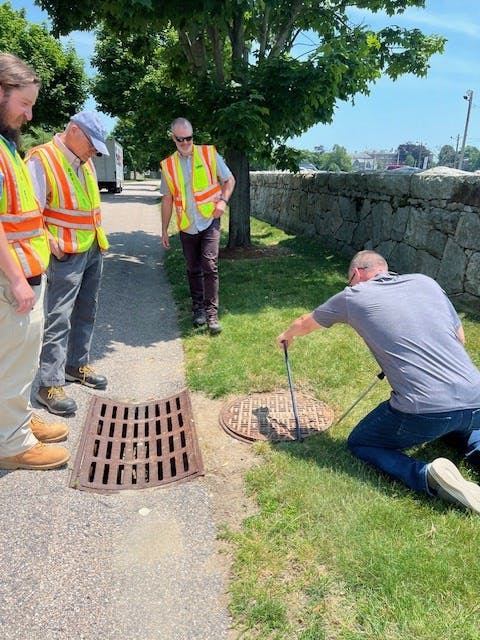The Baker Cove Watershed Committee, or Bacwac (pr. 'back-whack') is a volunteer task-force working to restore water-quality in BAKER COVE, GROTON, Connecticut (USA). Baker Cove is a small embayment of Fishers Island Sound, at the east end of Long Island Sound, which lies between Jupiter Point and the Groton-New London Airport, and serves as the southern-most division between Groton City and Town. Baker Cover receives its water from Birch Plain Creek, as well as from added smaller tributaries. The watershed is taller than it is wide, measuring appr. 1.8 miles at its widest point, and with its northern border extendingContinue reading
The Baker Cove Watershed Committee, or Bacwac (pr. 'back-whack') is a volunteer task-force working to restore water-quality in BAKER COVE, GROTON, Connecticut (USA). Baker Cove is a small embayment of Fishers Island Sound, at the east end of Long Island Sound, which lies between Jupiter Point and the Groton-New London Airport, and serves as the southern-most division between Groton City and Town. Baker Cover receives its water from Birch Plain Creek, as well as from added smaller tributaries. The watershed is taller than it is wide, measuring appr. 1.8 miles at its widest point, and with its northern border extending 3.5 miles north to just beyond I-95.
SEE BUTTONS below to Take a quick POLL >> Drop a PIN (Map) >> Share a STORY (Ideas) >> or Read our NEWS
"Non-point source" pollution is the accumulation of small, sometimes even microscopic, amounts of contaminants. Mostly, these various sources are carried by rain and snowmelt (stormwater) via storm drains which empty unfiltered into fields, marshes, and open waters. Nonpoint source pollution is a problem far and wide, and Baker Cove is no exception.
Baker Cove is classified by the EPA & DEEP as impaired due to high levels of fecal coliform, a bacteria found in the waste of warm blooded animals-- such as house pets, water fowl, and people (whose waste can make its way to the Cove via failing septic systems or sanitary sewer overflows-- "SSO"s). Committee members are a mix of Town and City employees, non-profit staff, residents, business people, and academics-- who are guided by their shared interest and a Watershed Based Plan (WBP) in their promotion of pollution controls using education, community collaboration, and public installations.
Restoration of Cove waters will benefit recreation, plant & animal marine life, property values, and Long Island Sound. A sampling program was recently initiated to assess conditions, and training is free for anyone who would like to help. Periodic map updates and regular meetings offer insight into progress. Reach out if you're interested, or "Follow Project" for updates.
Bacwac also participates in the Eastern CT Watershed Network-- a collaboration of watershed groups and stakeholders throughout the region.



